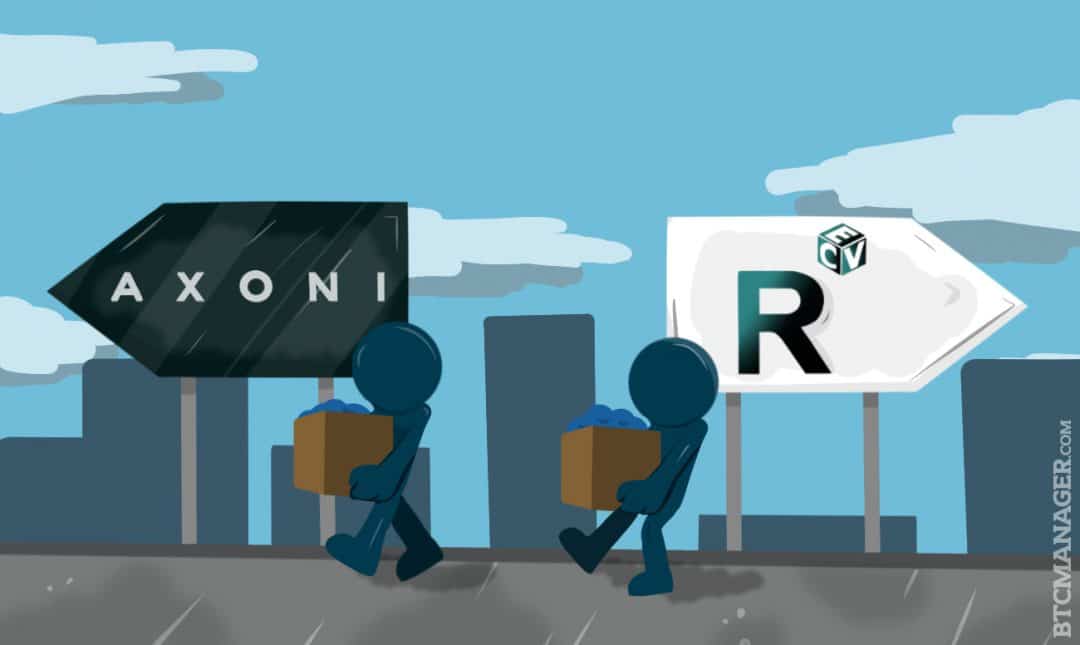Goldman Sachs and JP Morgan Quit R3, Shift to Axoni

Goldman Sachs and JP Morgan, two of the founding members of blockchain consortium R3, quit the organization earlier and have shifted their efforts toward New York-based Axoni, a blockchain startup leading trials to facilitate payments using distributed ledger technology.
Thomson Reuters, a company which collaborated with Axoni to process blockchain equity swaps in October, announced on December 19 that Goldman Sachs, JP Morgan, and multi-billion dollar interdealer broker ICAP are leading a $20 million investment round for Axoni. Reuters revealed that more financial institutions will be joining in the funding round, which will be fully disclosed by December 23:
“The investment will be in a range of $15 million to $20 million, one of the people said. It is expected to be announced this week, said the sources, who spoke on the condition of anonymity because they were not authorized to speak publicly.”
Since both Axoni and its investors have not yet finalized the sum nor the date of settlement, there is still time for other financial firms to join in. It is highly likely that banks that participated in Axoni’s trials or experimental blockchain projects in October including will participate in the $20 million investment. The banks that led the blockchain equity swap trial with Axoni include Citi, Barclays, Credit Suisse, JP Morgan, Thomson Reuters, IHS Markit and Capco.
In a leaked internal document shared by Epiphyte CEO Edan Yago, it was suggested thatmore banks plan to leave the R3 consortium and pursue other projects. Yago also confirmed with sources inside of R3 that stated other banks might leave the consortium soon.
6/ Sources inside of R3 have told me that they or others are considering leaving. Overall sense of pessimism. Others still opptimistic.
— Yago (@EdanYago) November 25, 2016
Currently, R3 remains the largest rival to Axoni. While deals have broken down with some of its banks and financial firms, it still will secure a $150 million funding round to finance its operations in 2017.
However, as Axoni continues to demonstrate successful trials of its blockchain solutions and their applicability within the traditional financial industry, an increasing number of banks could be convinced of their progress and the rapid pace of development. Unlike Axoni, R3 failed to demonstrate a commercial application of its blockchain and condemned by bitcoin experts like Peter Todd who examined R3’s open-source software, Corda:
Not once do the Corda docs talk about who actually is supposed to have access to keys; whole point of crypto is to know who did what!
— Peter Todd (@peterktodd) November 30, 2016
Considering the sheer amount of capital allocated toward building R3’s Corda and other applications which ultimately turned out to be a technological failure, it is understandable and highly likely that existing banks could leave the R3. Axoni demonstrates a clear vision and roadmap going forward, which could attract.














